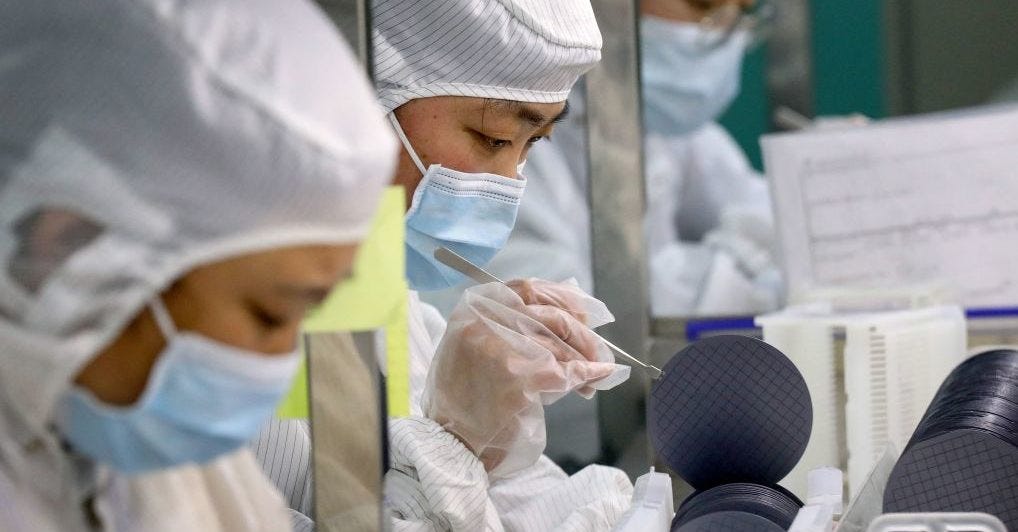The White House has directed the Office of the US Trade Representative (USTR) to investigate China’s semiconductor industry for potential anti-competitive practices. This move stems from allegations that China’s policies have undermined global competition and created dependencies in critical supply chains.
The USTR initiated the investigation under Section 301 of the US Trade Act of 1974. The probe focuses on the market for “foundational” semiconductors—key components for sectors such as automotive, healthcare, infrastructure, aerospace, and defense. According to a White House statement, the inquiry seeks to address China’s “routine non-market policies and practices” that target the semiconductor industry, allegedly causing substantial harm to global competition.
If the investigation concludes that China has violated fair trade principles, the USTR could recommend measures such as imposing tariffs or import restrictions, withdrawing trade concessions, or negotiating agreements to either eliminate the contested practices or secure compensatory trade benefits. Any final decision will fall to President Biden’s administration and incoming USTR Jamieson Greer.
China’s Ministry of Commerce responded strongly, denouncing the investigation and pledging to “take all necessary measures” to protect its interests. In a statement reported by the New York Times, the ministry expressed firm opposition and vowed to defend China’s rights.
The semiconductor dispute further escalates tensions between the two economic superpowers. Earlier this year, President Biden ordered an investigation into potential security vulnerabilities in connected vehicles linked to China and other nations. In May, the White House announced increased tariffs on $18 billion worth of Chinese imports, including semiconductors.
This latest probe underscores growing US concerns about supply chain security and fair competition in the semiconductor market, a sector critical to technological and economic stability worldwide.
Author’s Opinion
The investigation into China’s semiconductor practices highlights a critical challenge in balancing global trade and national security. While safeguarding supply chains and ensuring fair competition are vital, such actions risk escalating tensions and disrupting industries that rely on international collaboration. A measured approach that prioritizes dialogue over unilateral penalties could better address these concerns while avoiding further strain on an already fragile global economy.










